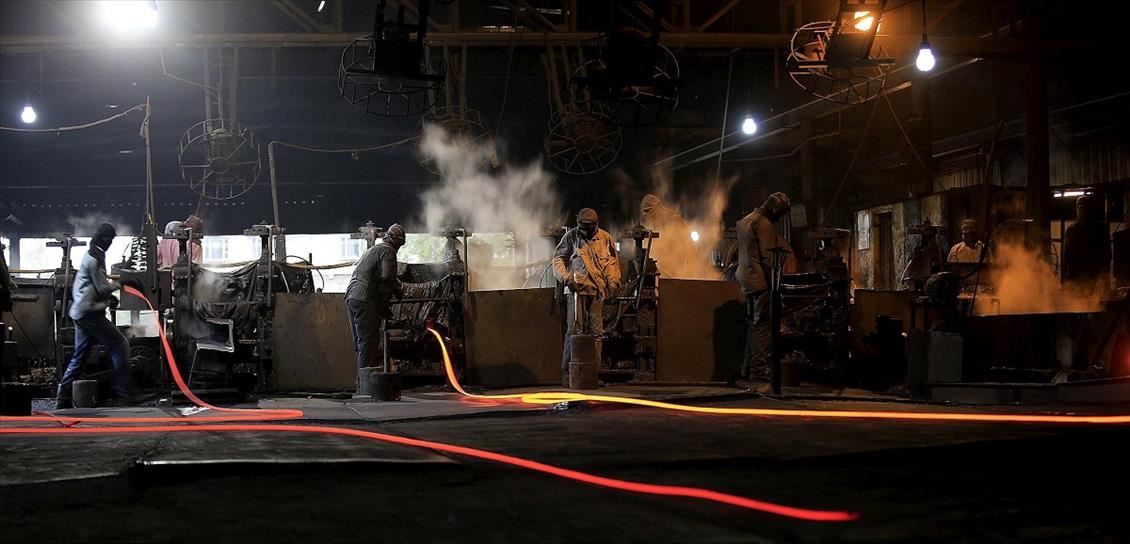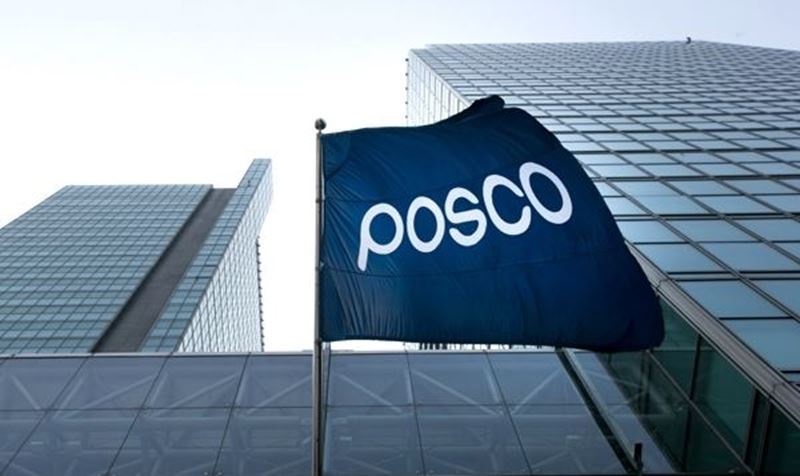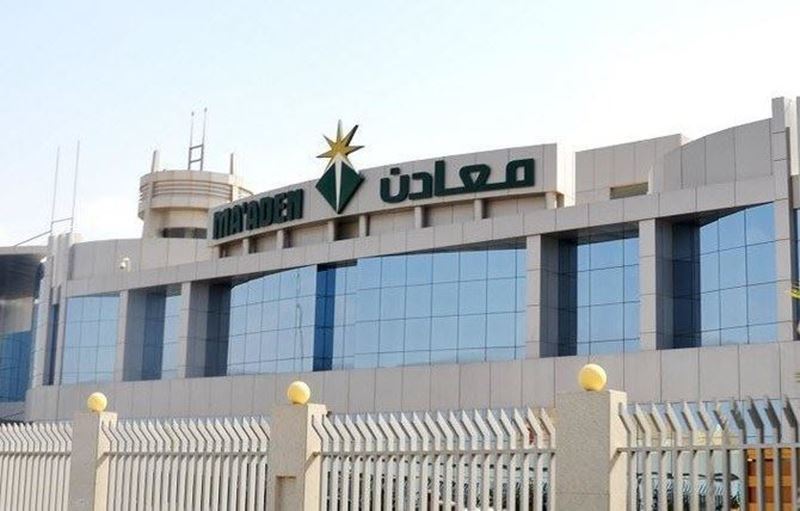The Pakistan Association of Large Steel Producers (PALSP), a significant advocate for the country's steel industry, noted that such illegal activities have severely impacted the local steel sector. PALSP emphasized that the sector is struggling with financial difficulties, leading to the closure of many steel factories. As a result, the sector's capacity has decreased, with some factories facing the threat of closure. Additionally, the halt in construction activities and the decrease in steel demand further exacerbate the industry's economic downturn.
According to PALSP's estimates, approximately 500,000 metric tons of steel are smuggled into Pakistan annually, accounting for about 10% of the country's total steel production. Smuggling and misdeclaration result in an influx of 500,000 metric tons of steel into Pakistan annually, equivalent to 10% of total production. Steel imported under the name of scrap also causes a loss of revenue of 40 billion rupees and raises money laundering concerns. Smuggling has devastated the local steel industry in Quetta and Balochistan.
PALSP argues that smuggling and misdeclaration are not isolated incidents but organized crimes that threaten to deindustrialize Pakistan.
The steel industry calls on the government to take urgent measures to restrict steel imports by sea and prevent smuggling. Furthermore, it demands the closure of loopholes in import policies and the strengthening of regulatory measures.
This situation poses a significant threat to the future of Pakistan's steel sector, necessitating urgent action from the government.











Comments
No comment yet.